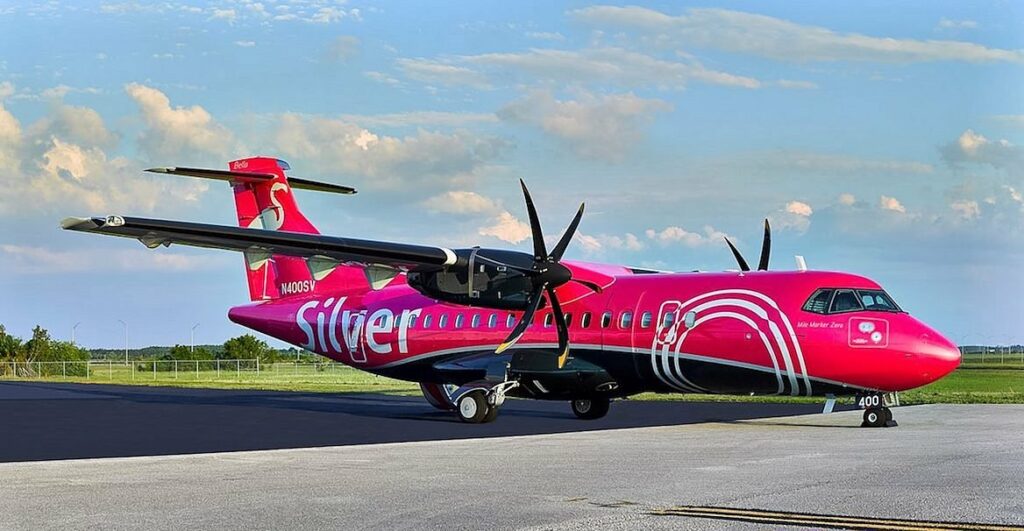
Closure Impact: Analyzing Recent Airline Shutdowns on Global Aviation
The shutdown of multiple airlines may bring significant implications for the global aviation industry. This article examines the recent closures and their consequences.
Overview
The aviation industry faces new challenges as several airlines cease operations. This article examines how the closure of services like Jetstar Asia, THAI Smile, and Silver Airways could reshape the airline landscape globally.
Recent Developments
In the past year, IATA highlighted a recovery in aviation, yet recent weeks have shown significant closures that raise concerns.
- Closure of Jetstar Asia by Qantas
- Silver Airways bought out leading to unexpected flight stoppages.
Implications of Airline Closures
The closure of these low-cost carriers (LCCs), which played a crucial role in increasing passenger numbers, poses critical questions about the future of air travel.
Examining the Factors Behind Closures
Professionals at the recent Paris Air Show noted rising tensions exacerbated by geopolitical tensions and operational challenges. Key issues driving these closures include:
- Increased operational costs against a backdrop of fierce competition.
- External pressures like pandemics and climate change impacting travel dynamics.
Recommendations for Airlines
To navigate the current landscape effectively, airlines should focus on:
- Enhancing flight safety and maintenance: Prioritizing safety to avoid history’s costly mistakes.
- Improving service quality: Offering consistent experiences across LCCs and full-service airlines.
- Exploring codeshare agreements: Collaborating with other airlines to expand reach without heavy investments.
- Fostering innovation: Staying ahead of industry trends while improving safety and efficiency.
- Emphasizing sustainability: Leveraging advancements in Sustainable Aviation Fuel (SAF) to decrease emissions.
